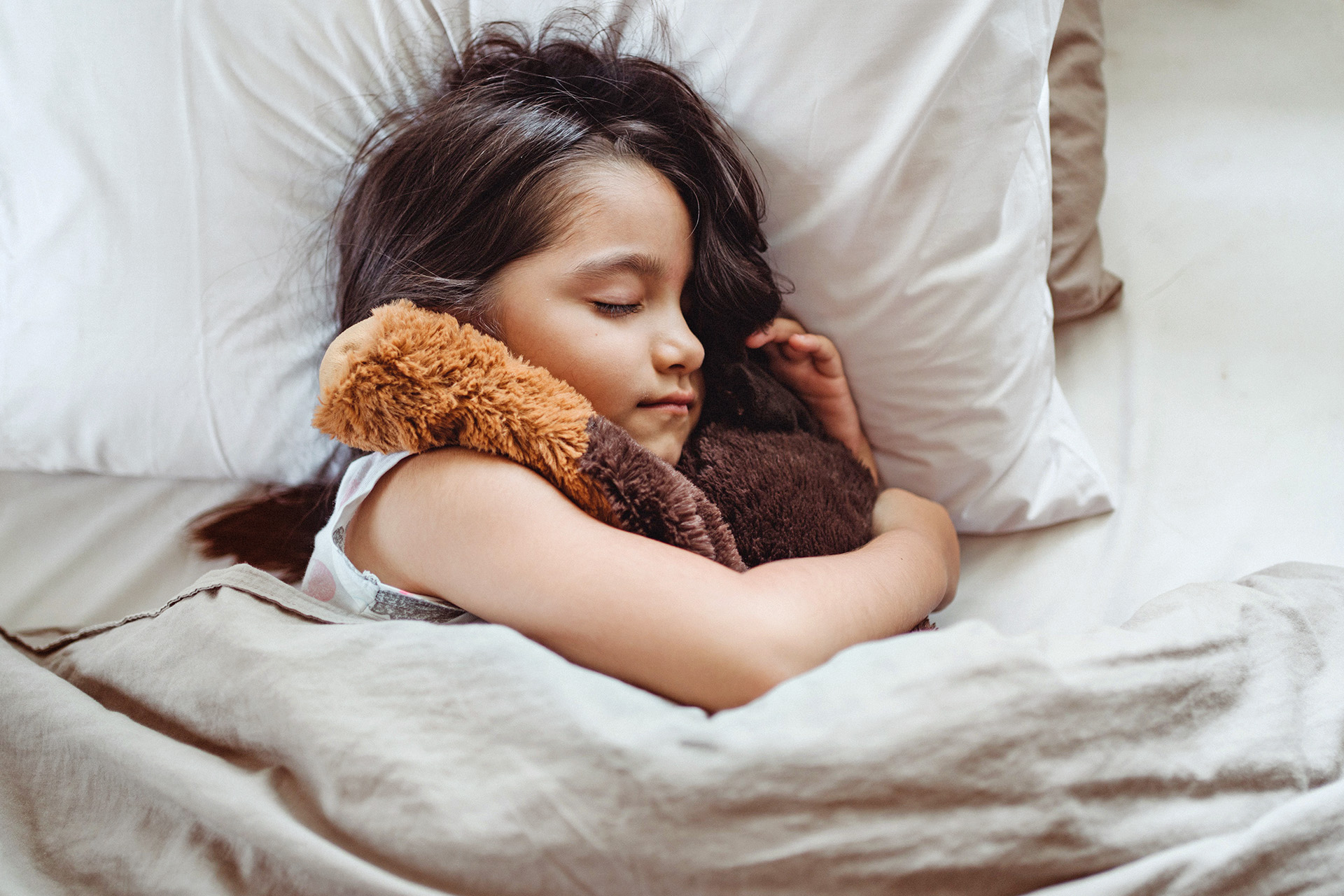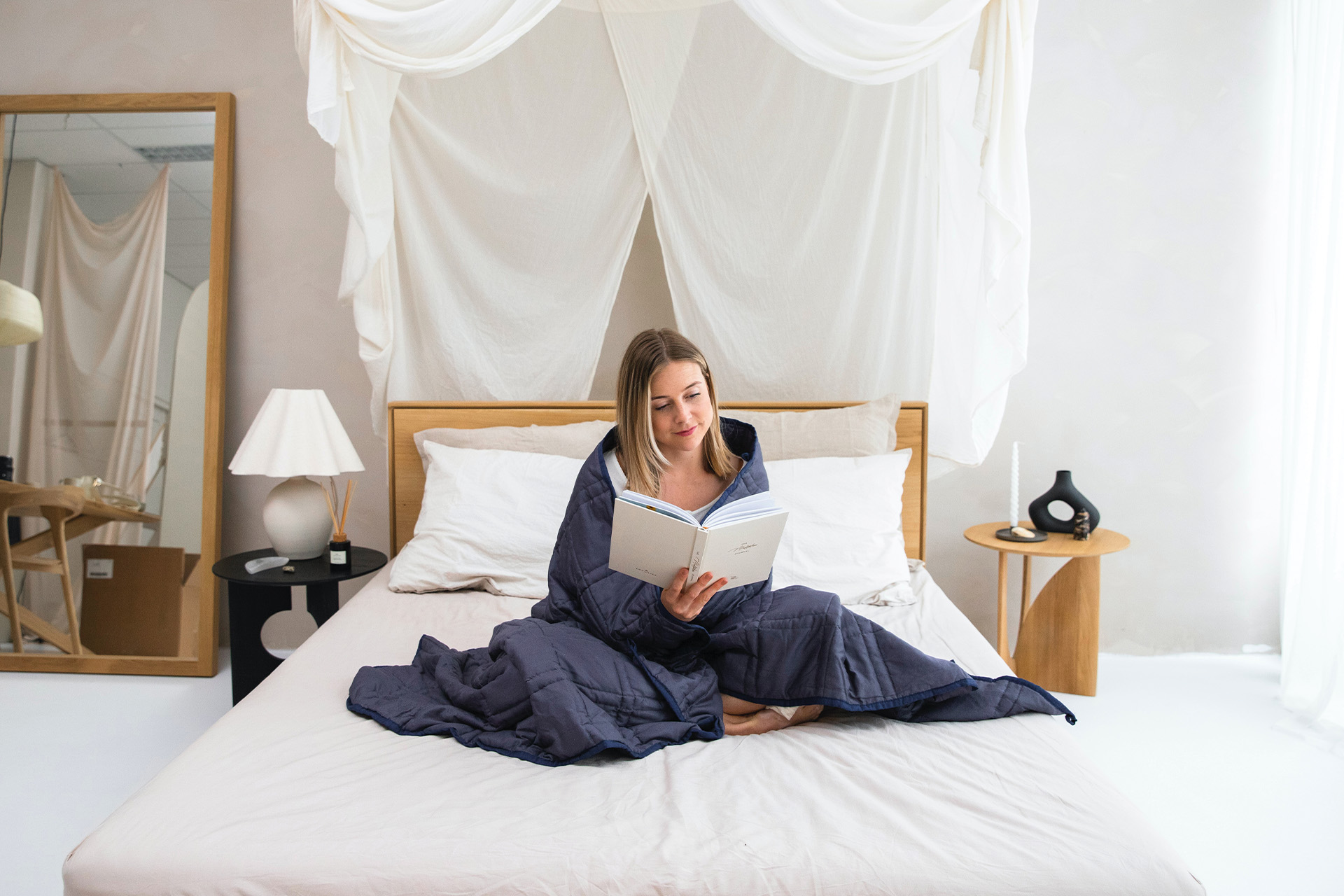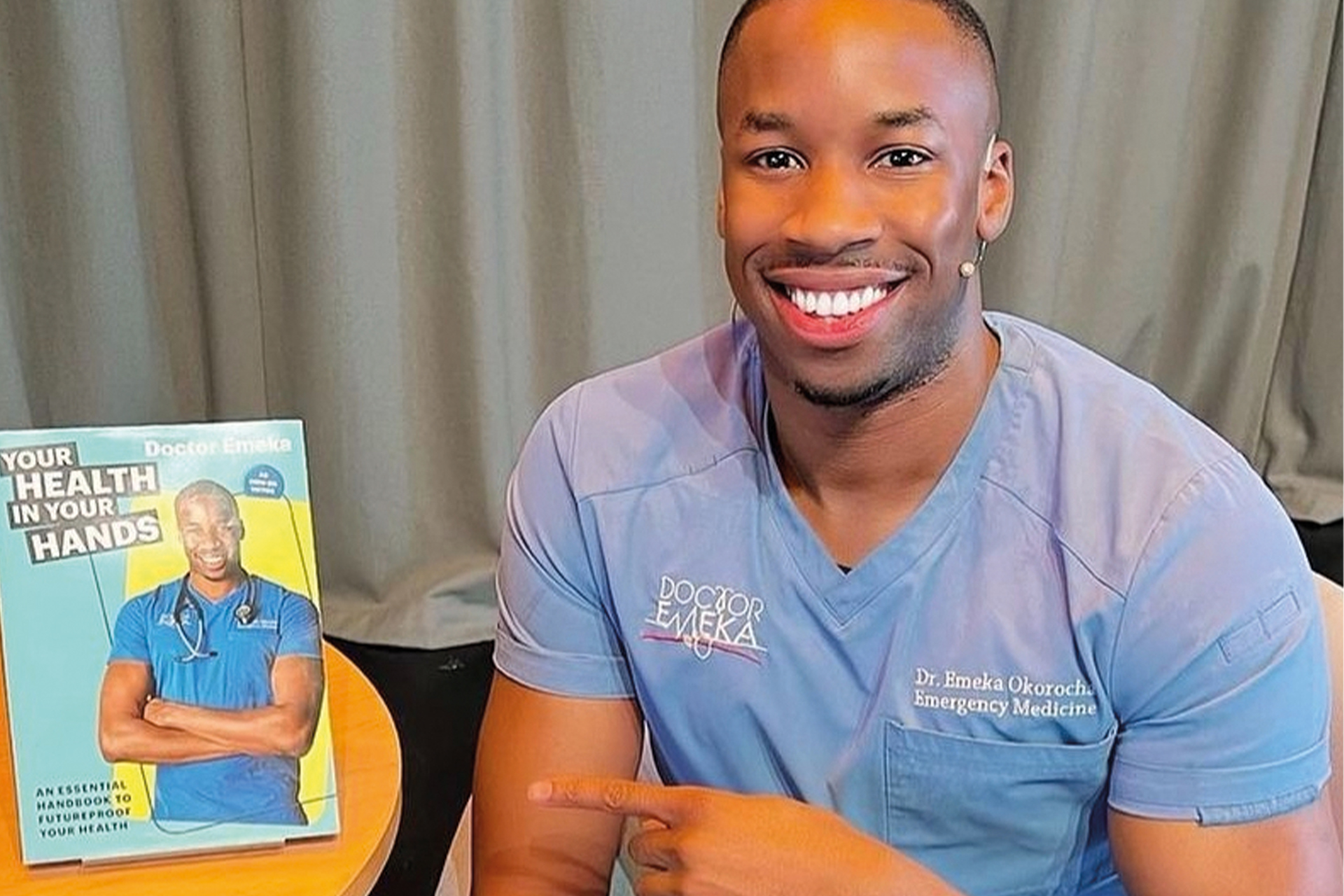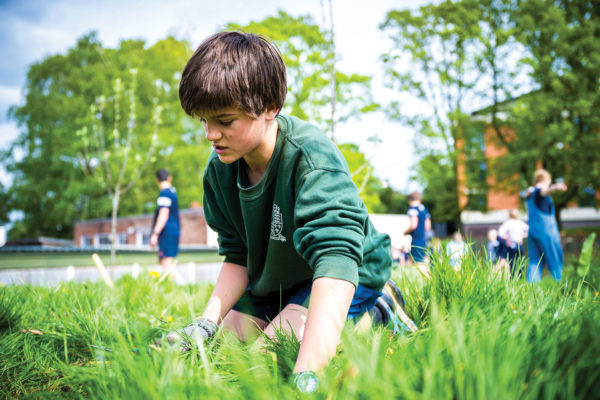Dr Emeka: How To Tackle Insomnia
By
1 year ago
Advice to help your teen get some sleep

Lack of sleep affects learning, friendships and long-term health, says the School House doctor Dr Emeka Okorocha
Most of us have experienced insomnia – difficulty falling or staying asleep and so having problems getting consistent quality of sleep or sleeping at the same time everyday, as well as waking up during the night. As a result, we have that dreaded daytime tiredness. Yet when we talk about insomnia often it’s referring to adults, forgetting this can affect young people, too.
Yet, studies show it’s a growing issue in the UK. According to NHS figures, in 2022, 34 percent of children aged seven to 16 years had a problem with sleep three or more times over the previous seven nights. That figure rose to 72 percent in children who had evidence of a probable mental disorder. And in that cohort, girls were more affected than boys.
The result is growing numbers of hospital admissions: 11,313 children and teens were referred to hospital because of insomnia in 2018-19. Children with a chronic physical illness (e.g Asthma), a psychiatric disorder, neurodevelopmental disorder (e.g attention deficit hyperactivity disorder) or a learning disability are particularly prone to problems.

How To Improve Your Sleep
In general, according to the National Sleep Association, young people should be getting between nine to 11 hours of quality sleep per night. When they don’t achieve that, there can be an increasing negative impact on the brain. They may struggle to learn, to read or react. Lack of sleep can also be a factor in anxiety and depression. Friendships may suffer, as can relationships with adults. Lack of sleep can lead to a change in mood, impulsive or reckless behaviour or physical clumsiness, meaning more accidents, something I am aware of in my role as an A&E doctor.
Moreover, research from the Penn State College of Medicine has found that children who can’t sleep grow into adults who function the same way. Julio Fernandez-Mendoza, associate professor of psychiatry and behavioural health, reported in 2022 that 43 percent of children aged five to 12 with insomnia symptoms continued to suffer through adolescence into adulthood. Although around 27 percent of youngsters with the sleep issues saw their symptoms fade by adolescence, almost 19 percent experienced them coming and going into adulthood. And as sleep disorders are linked with poorer heart and mental health, it’s important to deal with them – and not just hope your child grows out of it.
Plus there is the potential link to obesity. Teens secrete hormones at night which are important for the developing immune system, and for normal growth. Mandy Gurney, founder of the private Millpond Sleep Clinic for children in London, has warned that not sleeping well creates an imbalance in our hunger hormones, ghrelin and leptin. ‘High levels of ghrelin mean we are likely to eat more often,’ Gurney has said, ‘and low levels of leptin mean we find it hard to recognise when we’re full. Due to changes in our neural pathways in the brain, when we’re tired we are also more likely to make poor food choices, such as sugary, fatty and salty foods. So it becomes a vicious cycle.’
But it’s not always easy to unpick what causes insomnia to begin with; it may be a change in environment or an illness. Many children have issues sleeping due to fears, anxiety and nightmares. This can cause stress which leads to raised cortisol levels, which in turn inhibits sleep. There may be social issues at school which are troubling your teen or worries about exams.

So once you are aware that there is an ongoing issue, it’s best to encourage small manageable changes rather than drastic experiments.
Firstly, talk to your child and listen without judgement. You can’t force sleep so no matter how many times you tell them to ‘just go to sleep’, they can’t!
Then try and establish some consistency. Which means sleep and wake times that stay the same seven days a week. Your teen may love a lie-in but it could cause havoc with their school hours when they need to be awake and alert at specific times.
You will have to decide on an appropriate time for your child to go to bed and start winding down and prepare for that time in advance. Have an idea and a limit of how much time you actually are going to spend with a child before they sleep. For example, with younger children, this could be reading one or two stories and tucking them in or just cuddling them until they feel tired.
But older children also need your time and your hugs; this is the moment they may feel most able to unpack their worries.
All ages need a cosy, comfortable and warm environment with very limited lighting. Try to discourage eating big meals before sleeping. If they’re hungry, give them something light, maybe like cereal or milk for example.
The hormone melatonin is a key player when it comes to sleep and the blue light from phones and tablets can disturb melatonin levels; try not to let them use laptops, tablets or phones at least 30 to 60 minutes before bed.
A Childwise survey in 2020 found that more than half of children say they sleep with their mobile phone beside their bed. So why not try using a box for mobile phones where the family can all leave their devices outside the bedrooms (and this means you, too; lead by example).
For young people with ADHD and insomnia; Adaflex, the UK’s first melatonin product for six to 17 year-olds is now available in the UK. The UK National Institute of Health and Care Excellence (NICE) found that 87.8 percent of parents who treated their child with melatonin consider it helpful for inducing sleep.
Many of these tips and tricks may improve your children’s sleep patterns however if these haven’t helped and you have concerns that your child isn’t improving then it’s recommended to get the advice of a health professional such as a paediatrician or GP. Especially if poor sleep is interfering with daily school activities and life. You may then be referred to a children’s sleep clinic or be given advice tailored to your child’s specific circumstances.

Dr Emeka Okorocha
How to help your frazzled teen nod off
- Be upfront: explain that it improves memory and performance, and that at least eight hours’ sleep on school nights will help make lessons and homework more bearable.
- Encourage regular exercise – as children move up the school, compulsory activity diminishes. Try to get them moving for 20 minutes three times a week.
- Carry out a family caffeine audit. Teens are not always aware of how much caffeine they consume – via tea and coffee but also cola and energy drinks. Suggest an experiment; swap a caffeine drink for a herbal tea every night for a week and monitor the results.
- Encourage writing a journal or diary before bed as a way to unwind and to put problems aside for the night.
- Eliminate electronic devices from the bedroom. If this isn’t possible, try to zone areas of the room for work, leisure and sleep. And adjust device settings to change brightness, add a night filter or set to do not disturb mode.
- Ensure a good sleep environment – according to The Sleep Charity, that means a room that is dark, cool quiet, safe and comfortable.
- Make sure your teenager has a good bed. It may be time to buy a new one – and encourage him or her to help to choose it themselves. Invest in a good mattress topper as well for maximum cosiness. Weighted blankets can be calming. More tips: teensleephub.org.ukDr Emeka Okorocha is a broadcaster, author and NHS A&E doctor – and has been voted one of the world’s top 10 educators on TikTok. He is the author of
Your Health In Your Hands available from Amazon and Waterstones.






